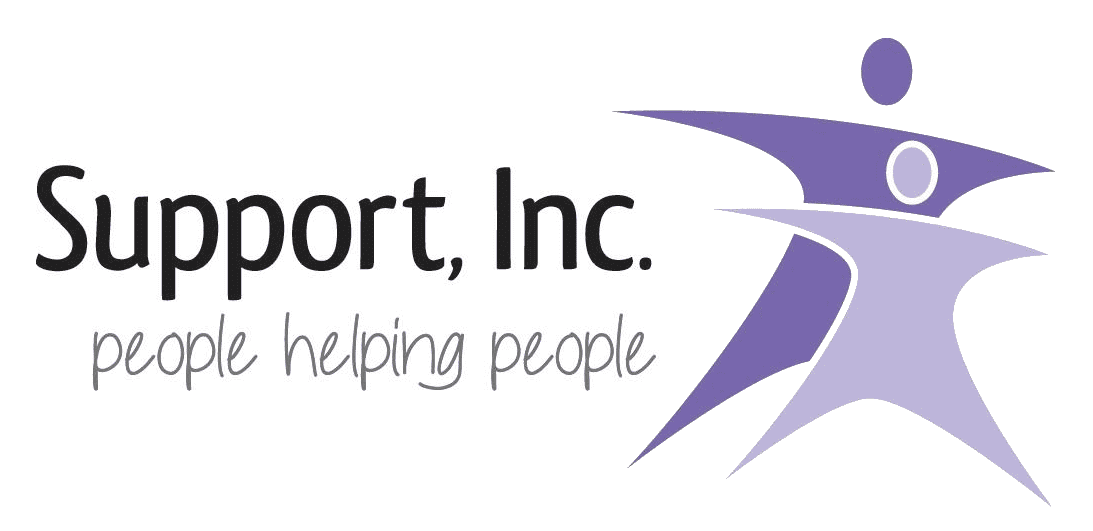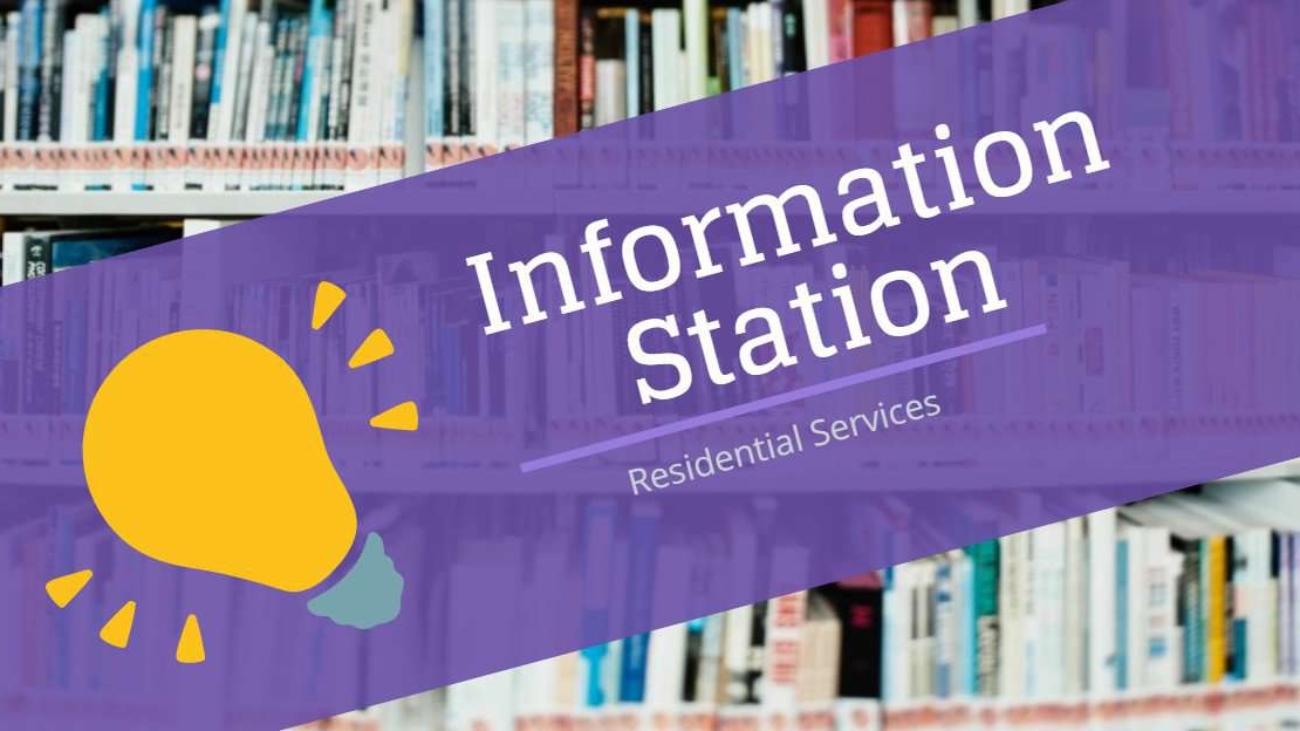☀️ Summer is Here – A Note from the Residential Team!
We hope you and your families are finding fun and creative ways to stay cool this season!
We’re excited to invite you to our Annual Summer BBQ—a day full of food, fun, and fantastic prizes! Come enjoy lawn games, two delicious food trucks, a refreshing ice cream vendor, a raffle, and more.
📅 Date: July 24th
📍 Location: Phillip S. Miller Park – 1375 W. Plum Creek Pkwy, Castle Rock, CO
📱 New Way to Stay in Touch!
We know that sometimes a quick text is the easiest way to connect. Earlier this year, we upgraded our phone system, and now team members can send and receive SMS messages directly from their work numbers! This is in addition to phone calls and Microsoft Teams meetings.
If texting is your preferred method of communication, feel free to ask a team member for their direct line 😊.
🏢 Program Expansion Update
We’re thrilled to announce the Grand Opening of our Greeley Day Program on July 9th! This is part of our ongoing effort to bring services closer to the communities where you live.
We’re actively exploring new locations in Colorado Springs, Jefferson County, and Boulder County. As new offices open, and in an effort to regionalize, your case may have already been transferred or may transfer to a new team—especially within the Denver Metro Region.
We truly appreciate your patience and flexibility as we work to better connect our employees with the people they serve. We’ll be sure to communicate these changes with you every step of the way.


